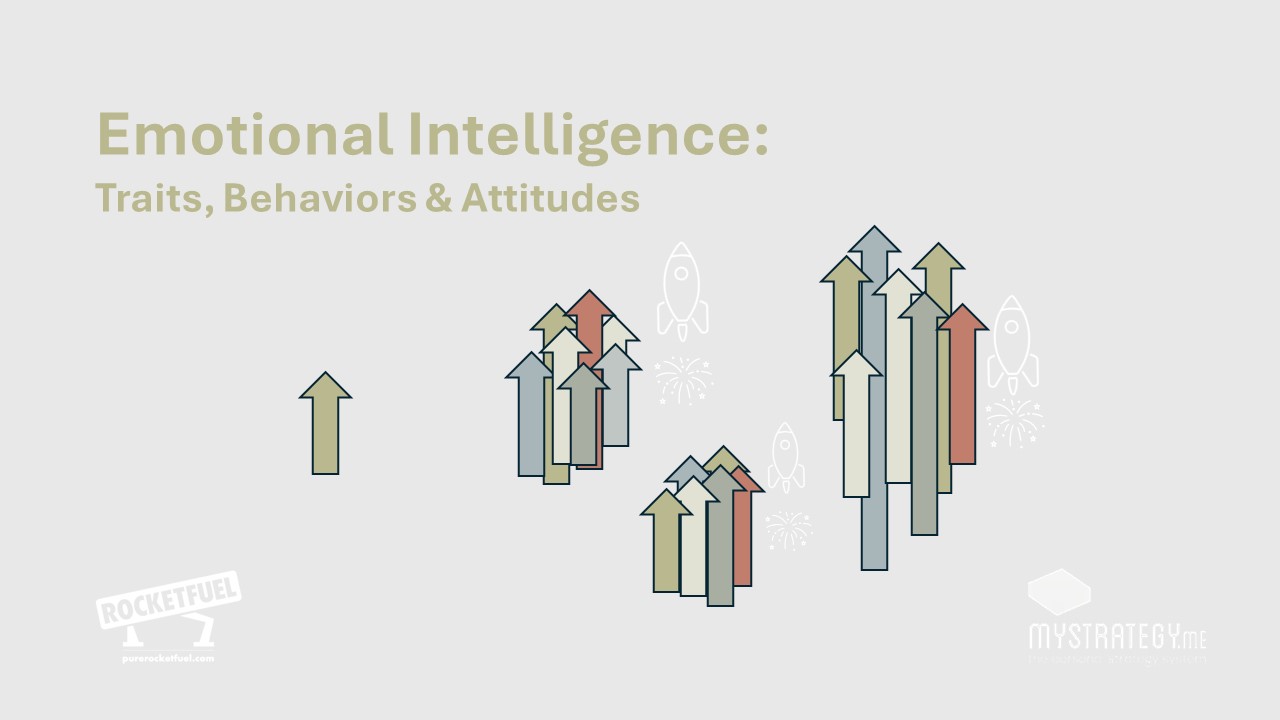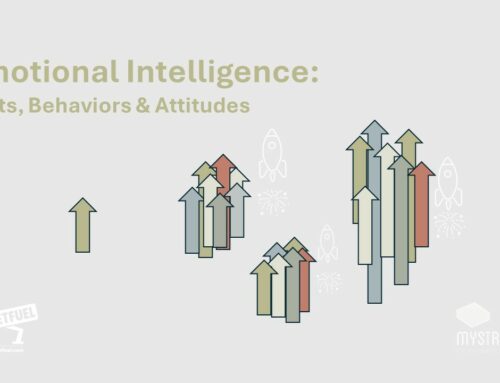
It may sound boring, but a bit of predictability can take you far, so watch your consistency, says Leadership & Performance Coach, Davina Greene.
Consistency is one of those concepts that, quite frankly, just doesn’t get enough credit.
Think about it: you go to a restaurant a couple of times; you love the food and the experience. You gather up a group of friends and go back to that restaurant, this time greeted by both lukewarm food and staff. Everyone looks at you as if to ask “Really? This place?!”. They then go away and tell a lot of people that the restaurant did not meet expectations.
You read a great review of a gig by a band you like. You shell out a significant amount of cash for tickets for their local tour date. The gig is rubbish – bad sound, no ‘classics’, they only played for an hour. Why the difference? Who knows! Regardless, 10,000 people go home that night and rip the band to shreds on online forums.
What is the problem here? It’s a lack of consistency, of comforting predictability, in an already-complicated world; perhaps even a feeling of having unwittingly taken a risk (financial, reputational…whatever) and lost. If you can’t be consistent, and can’t understand that your inconsistency has a stressful impact on others, then your emotional intelligence comes into question, also.
The Importance of Consistency
Why should you care about your perceived consistency at work? For starters, I can think of four reasons why you should avoid associations of unpredictability:
Your overall reputation and credibility will be based on consistency. One idea per year will not bring you a reputation for creativity. Two deadlines met per year will not bring you a reputation for reliability. One well-run team will not cause people to overlook your two ‘forgotten’ teams. Promises broken will be remembered. As the saying goes, “You are what you repeatedly do” and, to most of us, rollercoasters are better as an occasional treat than as a daily event.
Trust is built on consistency, based on observation over time rather than a one-off event.
- Who always does what they say they are going to do, always turns up where they say there are going to be? On the other hand, who is good but always “sick” or unavailable for some reason?
- How many of you have had a leader announce cost-cutting and pay-freezes…yet continue his or her First Class travel?
- Most critically, how many of you regularly sit in meetings with customers who are disappointed with service inconsistencies? They like the idea of what you are selling, if only you would actually provide it in a reliable manner.
Consistent error can be fixed, on the assumption that education is needed; however, when they know that you know how to perform the task correctly but periodically fail to do so, clients will soon disappear.
Embedding good culture and processes requires consistency. For example, week in, week out, I hear “HR would tell you that we have Performance Management processes in place, but I don’t do Performance Management with my teams because I don’t get performance-managed by my manager – so, I assume it’s not important”. Or “Yes, those who make extra efforts should technically receive greater financial reward, but managers don’t enjoy those conversations and typically give us all the same reward. So, I’ve stopped going the extra mile.” Your stated processes should be consistent in their expected application, or they may as well not exist. Pretty paperwork alone does not create results.
Efficiency is based on consistency. Re-usable processes and people, no surprises, no panic, no re-thinks because someone was a no-show, no quick-fixes because a piece of work was done poorly…and so no need for constant micro-management and all of the hours that that steals from a business day. And, of course, quicker results because of this well-oiled, reliable machine.
As well as the indirect behavioural messages you send to those around you, it is important that you are consistent in actively managing your reputation. Talk to your manager regularly about your performance and successes, rather than waiting for the standard end-of-year showdown. Cause his or her thoughts about you to be consistently – and validly – positive throughout the entire year, rather than trying to stage a rescue if your opinions are mismatched by December.
Your perceived consistency can explain an awful lot about why people gravitate towards you (or run for the hills). Make sure that people can take a risk on you and win – or better, be so positively predictable in your qualities that the word ‘risk’ never arises.
Tips for Consistency
- Be consistently present. Both mentally and physically – your brilliance is of minimal use if your availability is questionable.
- Offer consistent work quality. A one-off moment of excellence conveniently timed to land right before Annual Review season does not negate a whole year of averageness or below-par-ness.
- Display consistent behaviour: For example, it will be noticed if you behave near-angelically for those in more senior roles whilst making the lives of peers or staff difficult.
- Connect your words, thoughts and actions Display joined-up thinking, and keep your promises. Otherwise, your ‘message’ is just plain confusing.
Interested in investing in your own personal – and personal strategy – development? Check out www.MyStrategy.me!
Share This!
About the Author



